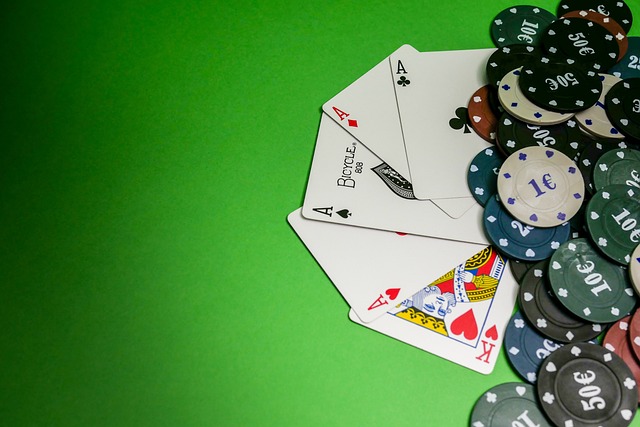In general, the blinds are the heart of the game. Without them, poker would be a meaningless activity where everyone sits around waiting to be dealt aces. Blinds, or blinds, are in place to make each round of the game cost something for every player. To play for a profit, you must firstly learn to recoup what is taken away from you, and secondly, recoup it in spades.
The payoffs, however small they may seem, add up to impressive sums in the long run. We try to add up how much we pay for different games at different tables:
For example, there are five players at a table and the small and big blinds are the same (this tends to be the case in pot-limit games). In 100 hands, under ideal conditions, we pay 20 times. So, playing PL50, this pleasure costs $20 over 100 hands.
Normal no-limit format, short tables: 12.5 BB in 100 hands, long tables: 7.5 BB/100 hands.
Conclusions? To overcome the financial losses from blinds, we need to play better than our opponents. Learning to play and recover 7.5BB in 100 hands is much easier than 12.5 or 20, isn’t it? That’s why we play at long tables.
But this is not the only conclusion we should reach.
All players take turns to raise, but not everyone (in fact, at this level of betting, no one) understands how much money is actually being given away in blinds. We need to take advantage of this illiteracy and turn the situation to our advantage by stealing blinds through position, no matter what cards we have. Fast forwarding, we find that this is the most profitable of all the mechanical actions we will have to perform in poker.
So, stealing the blinds, or, to put it more delicately, stalling.
First of all, we should try to steal blinds with practically any cards when we are in dealer position and other players have folded before us. Most of the time, the cards in that position don’t make any difference – a standard raise of 4BB even with 23o should be made. Depending on the cards dealt to the blinds, this is a good strategic move. Let’s explain why:
- If the blinds don’t have the right cards to match the raise, they will fold. You get both blinds.
- If either of those players has a mid-range hand, they will call my bet. Most of the time, the flop doesn’t help much for medium cards and I’ll collect the pot with a re-raise.
- If your opponent calls your re-raise, assuming you bluff, then 15-20% of the time you will be able to collect the pot with a second re-raise on the turn.
- If your opponent has a good hand, he will show it with his bets, while you, being in position, will be able to discard your cards without losing much money.
The only way a player in a blind position can fight a dealer or thief is by periodically stealing those pots by re-raising preflop, and doing so often enough to make up for the money lost in the blinds. But this “song” is irrelevant at the bet level we have chosen, so we have to raise and make a profit.
Secondly, we must try to steal blinds with a wide range of cards in the cutoff position (the position immediately before the dealer). Of course, it is not worth getting into a fight with 23o, but the chosen range of cards should be wide. It can be any cards from the same suit, any connectors, all pairs. This does not mean that you should immediately jump in front of the barrel of a gun; if you see a 4 and a 6 in your hand, you can change the style of play gradually, going in the direction you want.
In a situation where we are in the small blind position and the other players have folded, we raise with any cards. In a situation where we are in the big blind position and the small blind has just called, we raise with any two cards.




